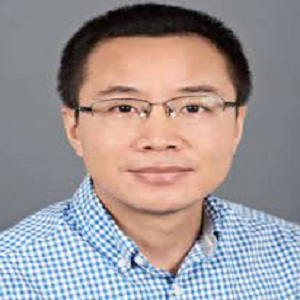Abstract:
Cancer genes were known to display unique epigenetic features on chromatin of benign cells. Investigations into these features are making it increasingly clear that cancer genes differ from other genes regarding the mechanisms regulating their transcription. It is yet unknown whether cancer genes have a unique epitranscriptomic feature on RNAs and thus differ from other genes in post-transcriptional regulation of their RNA expression. Here we found RNAs of tumor suppressor genes tended to decay fast in multiple benign cell types when compared with other RNAs. Consistent with a negative effect of m6A modification on RNA stability, we observed preferential deposition of m6A on tumor suppressor RNAs. With frequent transcription, the fast RNA decay of tumor suppressors did not lead to low expression in benign cells. However, abundant m6A and fast decay of tumor suppressor RNAs both tended to be further enhanced in prostate cancer cells relative to benign prostate epithelial cells. This enhancement correlated with a down regulation of tumor suppressor expression. Further, knockdown of m6A methyltransferase METTL3 and reader protein YTHDF2 in prostate cancer cells posed stronger effect on tumor suppressor RNAs than on other RNAs. These results indicated a strong expression maneuverability of tumor suppressors mediated by abundant m6A modification on RNAs.




